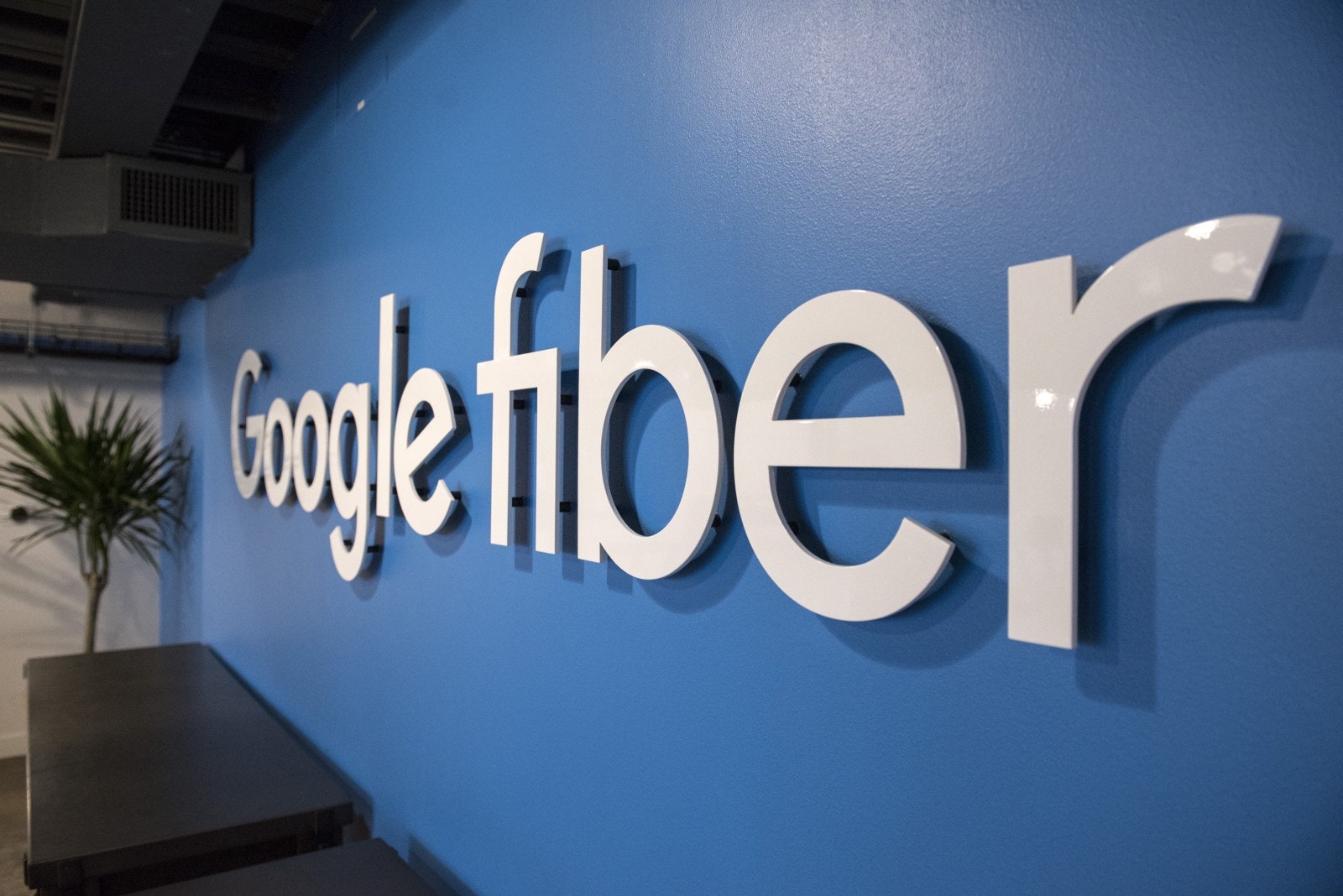Google Should Drop Numerous Claims of Net Superiority, National Ad Division Says
Charter had challenged various assertions on Google Fiber web site

The smarter way to stay on top of the multichannel video marketplace. Sign up below.
You are now subscribed
Your newsletter sign-up was successful
The National Advertising Division (NAD) of BBB National Programs has concluded that quite a few of Google Fiber's ad claims of superior performance over cable internet service are off base, though it said some general claims are defensible.
That is according to a just-announced NAD mixed decision following a challenge by cable ISP Charter Communications to Google’s claims about its service compared to cable internet-service providers in its footprint.
Also: Did YouTube TV Back Off From Its Specious '$750 Cheaper Than Cable' Claim?
The NAD recommendations are just that, but Google Fiber said that while it disagrees with some of the conclusions, it will follow them.
While NAD said there was a reasonable basis for certain general speed claims, it said Google should discontinue “quantified” speed claims — that upload speeds were up to 77 times faster, for example.
NAD pointed out that while a reasonable consumer could conclude it was an apples-to-apples comparison of “comparable metrics,” Google was actually comparing Google Fiber’s top potential speed for its 1 and 2 Gigabit-per-second tiers to the median speeds of lower tiers from Charter and other cable ISPs.
NAD also said Google should drop claims of superior reliability or knocks on the cable competition as “unreliable and prone to outages.”
“Google Fiber is a strong supporter of self-regulation and will respect NAD’s recommendations,” the company said.
The Biden administration has put its thumb on the scale for fiber-to-the-home buildouts with the tens of billions of dollars it is putting into broadband subsidies, so it is important for cable ISPs to defend their turf and keep the proper perspective on their relative merits. ■
The smarter way to stay on top of the multichannel video marketplace. Sign up below.
Contributing editor John Eggerton has been an editor and/or writer on media regulation, legislation and policy for over four decades, including covering the FCC, FTC, Congress, the major media trade associations, and the federal courts. In addition to Multichannel News and Broadcasting + Cable, his work has appeared in Radio World, TV Technology, TV Fax, This Week in Consumer Electronics, Variety and the Encyclopedia Britannica.

